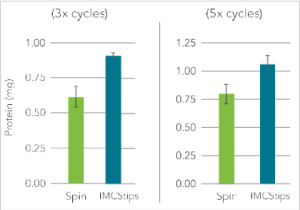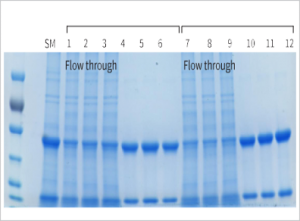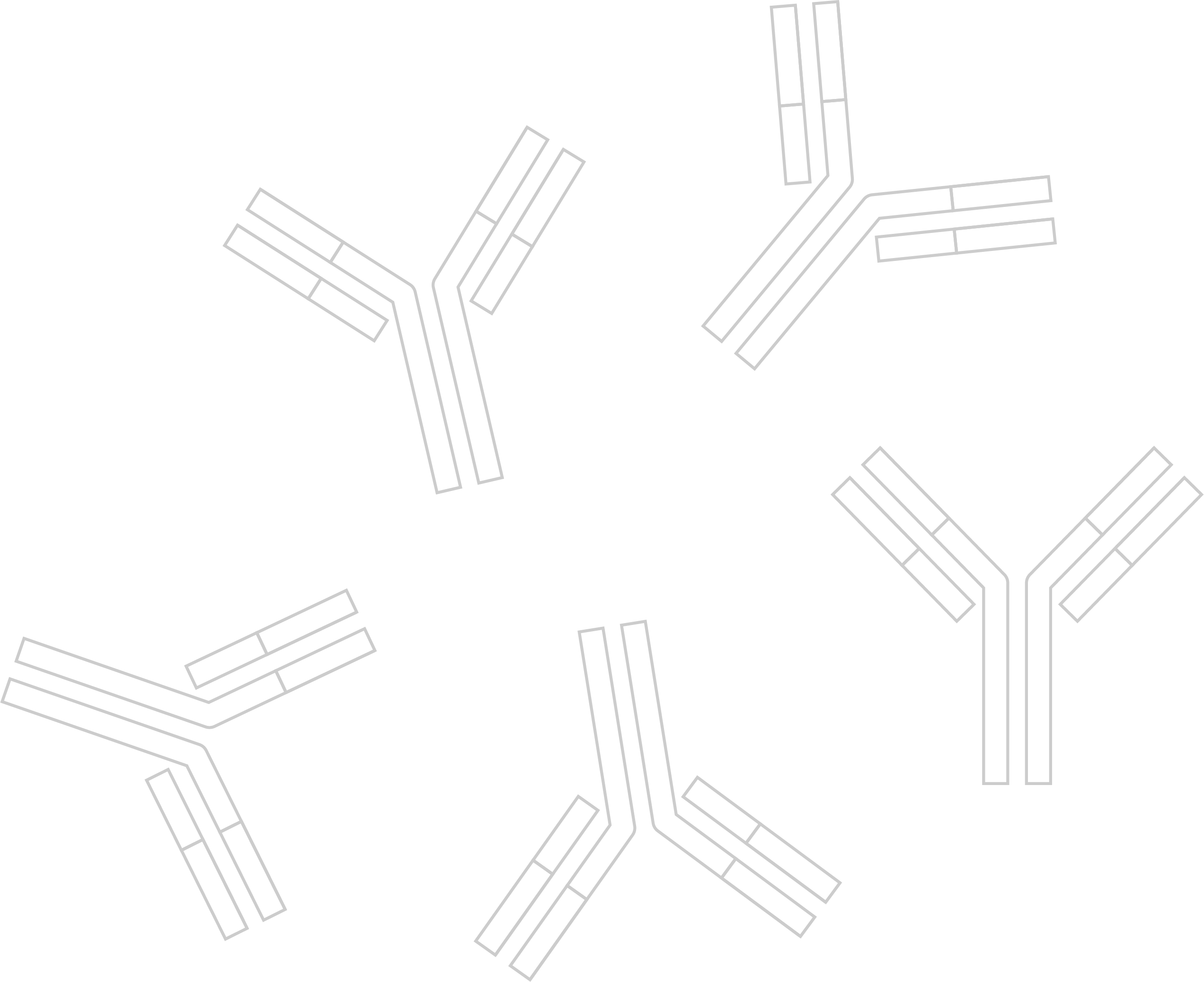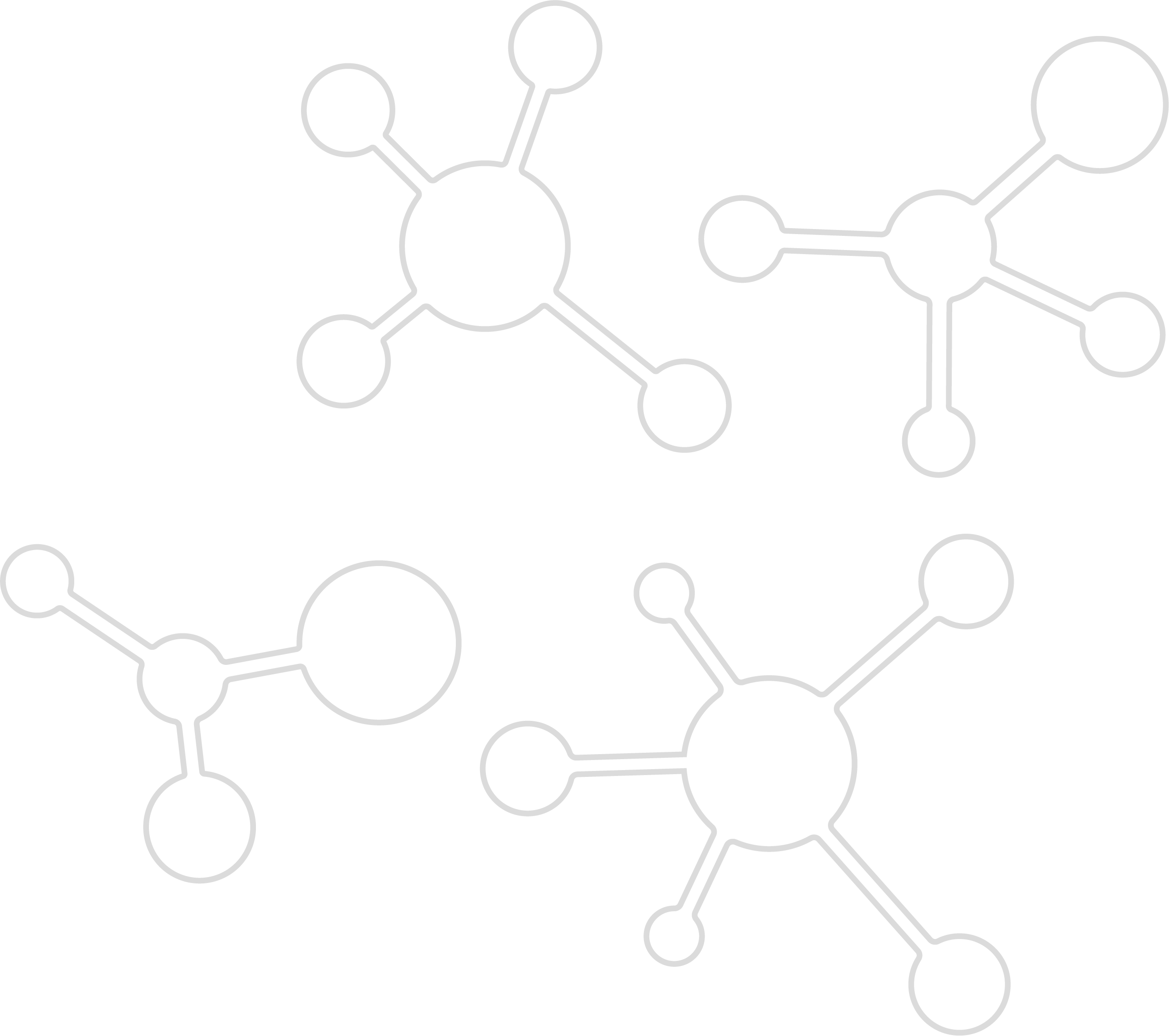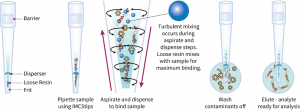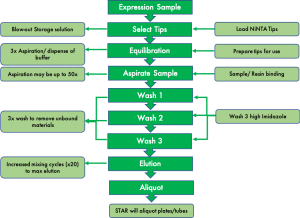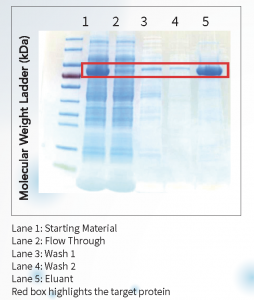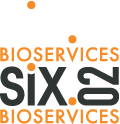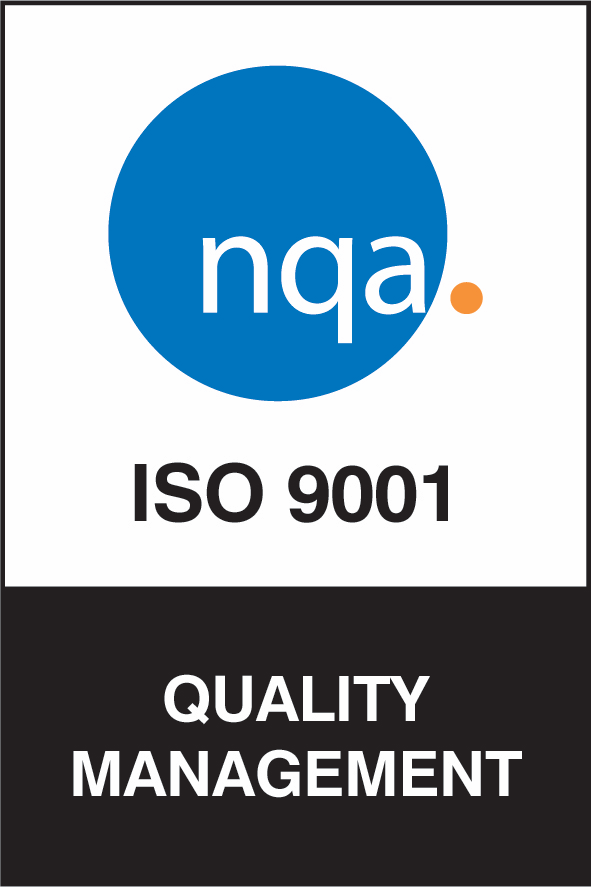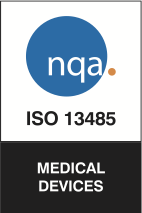IMCS Tips In Action
Compared to other methods for purifying small volumes of proteins of interest the IMCStips are far superior. Using a workflow for affinity-based antibody purification method we can see a turnkey method from cell media to purified proteins in less than 2 hours per batch using a Hamilton Microlab STAR. Purification of humanized IgG1 expressed in CHO cells was carried out using MabSelect SuRe™ LX resin via IMCStips (IMCS P/N: 04T-H6R80-1A) and filtered microfuge columns (spin method). For the spin method each sample was centrifuged at 100 × g for 5 minutes; flow-through samples were then re-applied either three (3x) or five times (5x) to correspond with the number of aspirate and dispense cycles (binding cycles) carried out using IMCStips. The spin method consistently recovered less mAb than the tip-based approach, as indicated by both UV-Vis measurements (Abs @ 280 nm and SDS-PAGE.
